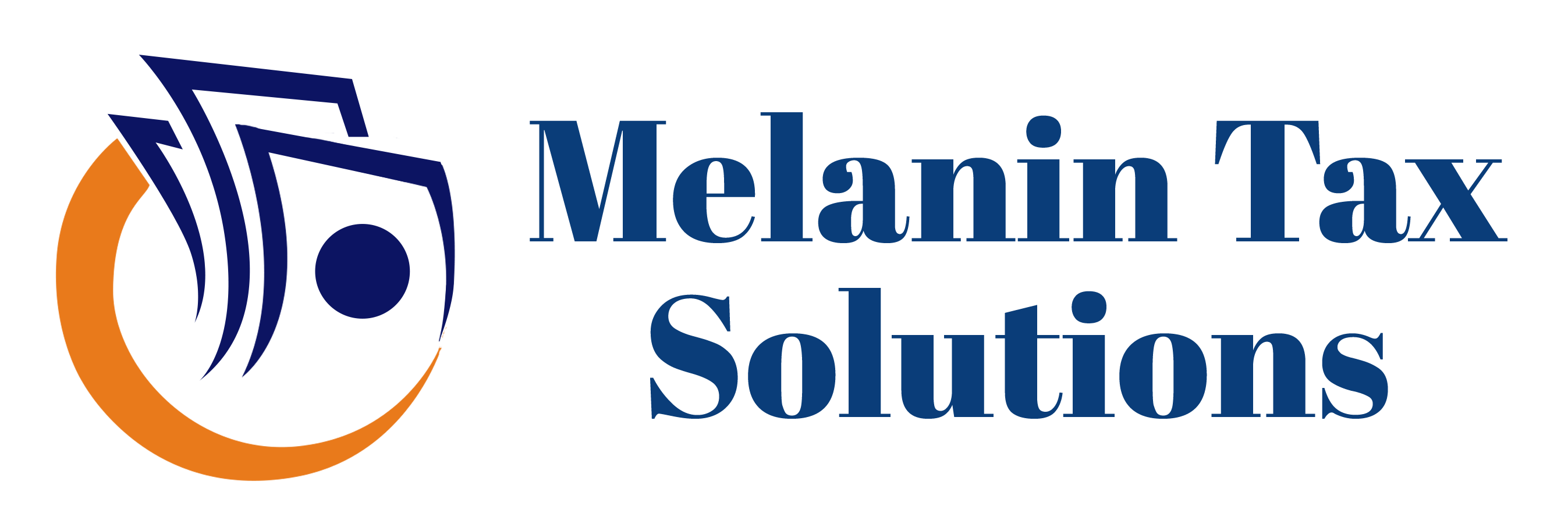Navigating the world of tax regulations can be complicated for self-employed professionals and freelancers. This comprehensive guide aims to simplify tax planning, providing a systematic approach to effective tax management. Learn how to select the right tax services, understand compliance, consider additional fees, and evaluate a tax attorney’s experience. Empower yourself with essential knowledge and tools, ensuring compliance and maximizing financial benefits, thereby fostering financial stability and growth.
Understanding Tax Obligations for Self-Employed and Freelancers
In the world of tax planning, it is crucial for self-employed individuals and freelancers to fully comprehend their unique tax obligations, in accordance with the ever-evolving tax laws and regulations. A fundamental understanding of self employment taxes can pave the way for effective tax planning and possibly significant savings.
One of the primary tax planning tips for the self-employed is to be consistent in monitoring income and expenses, ensuring accurate reporting and potentially maximizing deductions. In addition, consideration should be given to making estimated tax payments to avoid underpayment penalties.
Freelancers may also benefit from exploring retirement plans specifically designed for self-employed individuals, which could potentially offer tax advantages.
Access to reliable tax planning resources is key in navigating the complexities of self-employment taxes. These resources can range from tax software to professional tax planning services in New York.
Lastly, it is vital to stay updated with changes in tax laws that can impact self-employed individuals. This not only ensures compliance but may also reveal new tax planning opportunities. In essence, understanding and effectively managing tax obligations can play a significant role in the financial health of self-employed individuals and freelancers.
Essential Tax Deductions and Credits for Self-Employed Professionals
Throughout the year, self-employed professionals and freelancers need to keep an accurate record of business expenses, and they should also be aware of potential tax deductions and credits that can significantly lower their tax liability. Understanding and maximizing deductions is critical to reduce the burden of self-employment tax.
Common deductions include home office expenses, vehicle usage, travel, meals, and professional development expenses. Health insurance premiums can also be deducted for the self-employed. It is crucial, however, to ensure these deductions are legitimate and accurately reported to avoid potential penalties.
In addition to deductions, self-employed individuals may qualify for certain tax credits, such as the Qualified Business Income Deduction, which can lower taxable income by up to 20 percent. Another important aspect of tax planning for the self-employed is estimated tax payments. The IRS requires self-employed professionals to make quarterly estimated tax payments if they expect to owe at least $1,000 in taxes for the year.
With careful planning and diligent record-keeping, self-employed professionals can take full advantage of tax deductions and credits, potentially achieving significant tax savings.
Effective Tax Strategies for Freelancers
Several effective strategies can help freelancers optimize their tax planning and potentially lower their tax liability.
- Maximizing deductions: Freelancers should thoroughly understand which expenses are tax-deductible. Common deductions include home office expenses, travel, meals, equipment, and even professional development courses.
- Estimated tax payments: Since freelancers don’t have employers withholding taxes from their paychecks, they are responsible for making estimated tax payments. This is crucial to avoid potential penalties from the IRS.
- Retirement savings options: Contributing to retirement accounts not only secures your future but also reduces taxable income. Freelancers have several options including SEP-IRAs, Solo 401(k)s, and SIMPLE IRAs.
To effectively utilize these strategies, freelancers should maintain accurate and detailed financial records. Regularly reviewing financial statements can help identify potential deductions and ensure accurate estimated tax payments. Furthermore, consulting with a tax professional can provide personalized advice and strategies. Remember, tax planning is not a once-a-year task, it requires regular attention throughout the year. Effective tax planning can significantly reduce a freelancer’s tax liability, leading to greater financial success and stability in their self-employed journey.
Avoiding Common Tax Mistakes in Self-Employment
Anyone can make errors in their tax filings, but for self-employed individuals and freelancers, such mistakes can lead to significant financial consequences. One common misstep is the failure to track expenses meticulously. Such expenses, including equipment purchases, home office costs, and business travel expenses, can reduce your taxable income, thereby lowering your tax burden. Using reliable accounting software or engaging a professional bookkeeper can help ensure all eligible expenses are accounted for.
Another area where errors often occur is in making estimated tax payments. The self-employed are required to pay estimated taxes quarterly. Missing these deadlines or underestimating your projected income can result in penalties and an unexpectedly large tax bill at year’s end.
Finally, many self-employed individuals overlook the self-employment tax, which covers Social Security and Medicare contributions. This tax is in addition to your income tax and can significantly increase your total tax liability if not properly factored into your financial planning.
To avoid these common mistakes, consider consulting a tax professional who can guide you through the intricacies of self-employment taxes, estimated payments, and expense tracking, helping you to stay compliant and optimize your tax position.
Melanin Tax Solutions – Your Tax Planning Experts
Navigating the intricate landscape of self-employment and freelance taxes can be an overwhelming journey. The challenges of staying updated with ever-changing tax laws, leveraging available deductions and credits, and avoiding common mistakes can’t be understated. It’s clear that understanding the ins and outs of this specialized tax realm is crucial to ensuring both compliance and financial optimization.
However, you don’t have to face these challenges alone. Melanin Tax Solutions specializes in bookkeeping & tax preparation and planning, offering a wealth of experience and expertise tailored to meet the unique needs of self-employed professionals and freelancers. Our team is committed to helping you unravel the complexities of tax planning, ensuring you stay compliant, make informed decisions, and maximize your financial gains.
By partnering with Melanin Tax Solutions, you’re choosing to empower your financial future, ensuring every possible tax advantage is within your grasp. Don’t miss out on the opportunity to fortify your financial foundation and position your business for continued success.
Take the first step towards optimized tax planning. Contact Melanin Tax Solutions today and let us be your guide in the intricate world of self-employment taxes.

